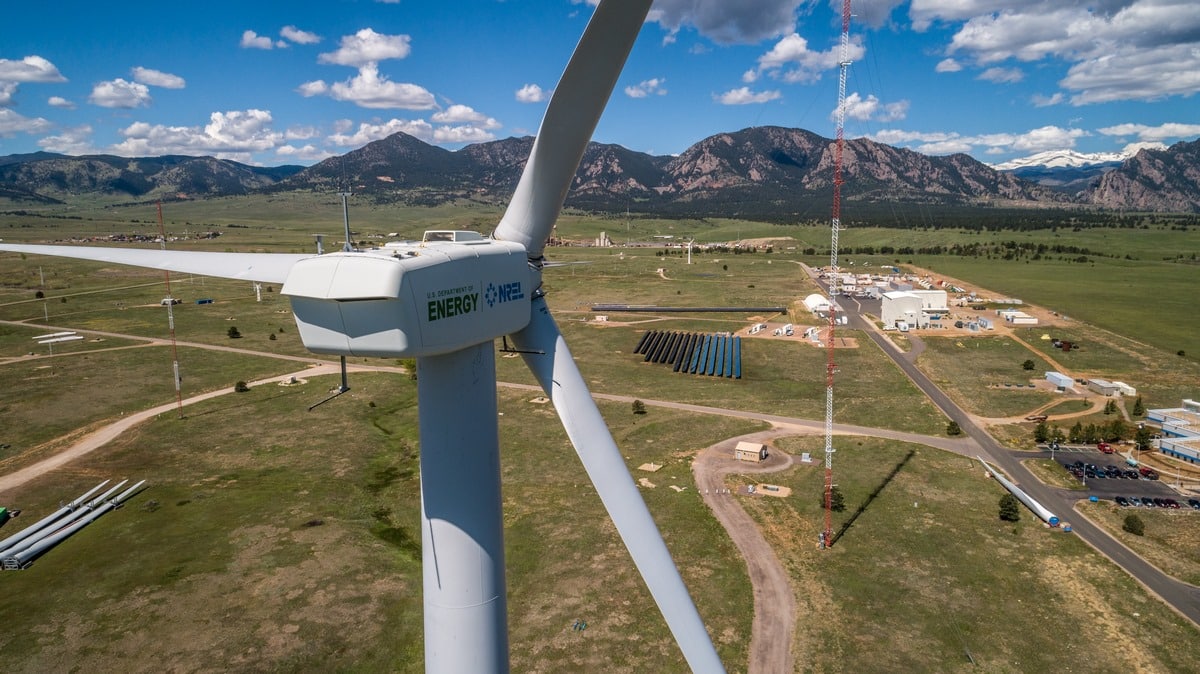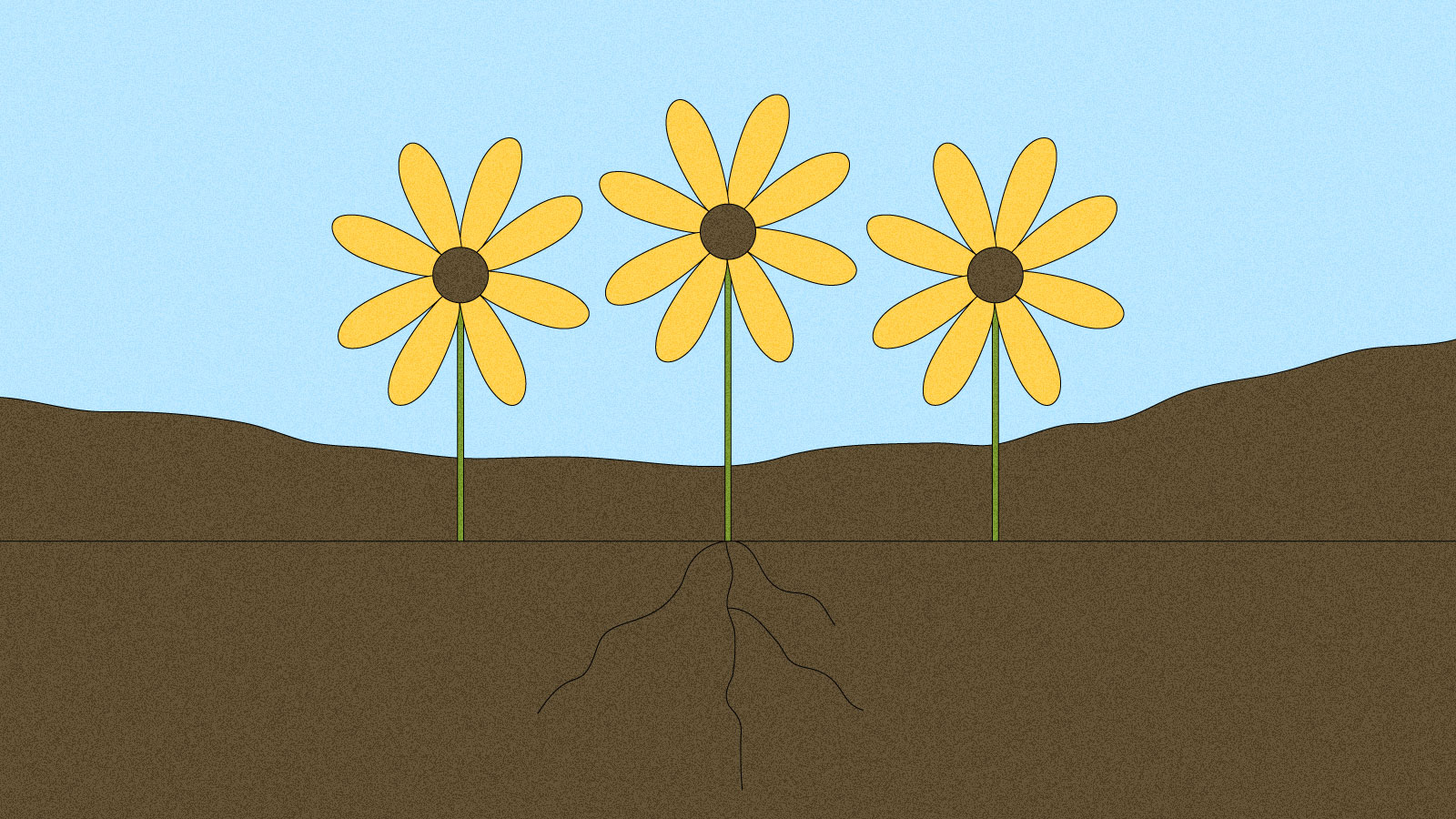If you think wind powered energy isn’t a real alternative for fossil fuels, think again. When this potential power source is more closely examined, the logic behind its use and the reasons for its recent rise in popularity become very clear.
There are many reasons why wind powered energy has gained in use in recent years. This form of energy is relatively easy to harvest.
Rather than have to dig deep into the earth to obtain it, power companies can create wind farms. Within these locations they place wind turbines in installations. A basic wind turbine works like a fan in reverse. Rather than use electricity to spin blades, a turbine uses the wind to do so. When this happens, a shaft within the turbine spins and creates energy. This energy is then transferred to a generator where its power can be used for more practical purposes.
The reasons why wind powered energy has been gaining so much attention as of late include:
• Its availability -” Wind powered energy is a renewable source. This means it will not go away. While it can fluctuate in availability, it cannot be completely depleted. This is in comparison to fossil fuels, which are in dwindling supply.
• Its green side -” Wind energy is known for being very environmentally friendly. This form of power does not produce emissions and it does not create greenhouse gases as an offshoot. Overall, wind energy is one of the cleanest alternatives available.
• Its economic feasibility -” Wind power does tend to cost a bit more than most would like at present. However, of all the renewable sources of energy available, wind is the cheapest. It costs an estimated 6 cents a kilowatt hour to produce. In the grand scheme of things, especially as fossil fuels increase in prices, this is not a bad rate.
• Its offshoot benefits -” Wind energy does produce some spin off benefits. In rural areas where wind farms are most commonly located, it can produce rental incomes for farmers and ranchers that allow installations to be build on their properties. This can occur without damaging the ability of the land to be used for agricultural purposes.
• Its capacity -” Wind power is currently responsible for covering about 1 percent of the entire world’s energy needs. The exact amount of use does vary from country to country. In Denmark, for example, wind accounts for more than 20 percent of all energy production. The United States, however, only derives about 1 percent of its energy from wind. This number, however, is growing.
Wind powered energy provides a very strong alternative for fossil fuel based energy production. It is a much greener choice that can provide the power that people demand.







